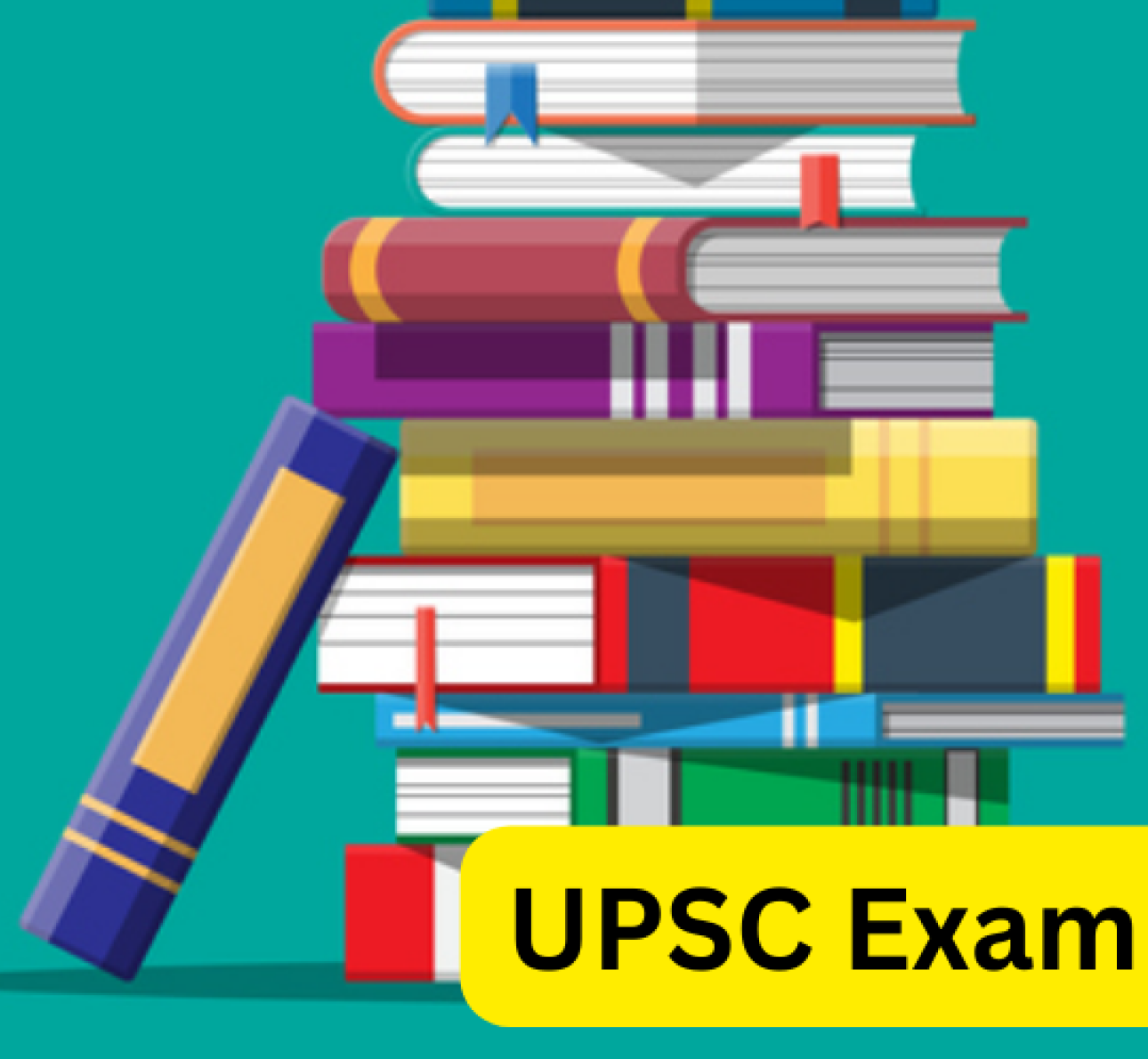It is not a job! It's a service.
This job requires a lot from you. Some might think only Knowledge is enough, but that's not true. Others might say having the right perspective attitude is all it takes, but that's not true either. What counts is having both knowledge and the right attitude. You need to have a stable mindset, a strong determination to serve your nation, the ability to think on your feet and be creative, a clear perspective, and diplomatic skills.




